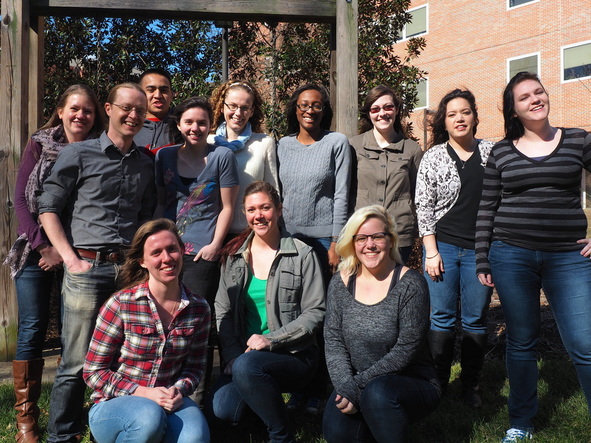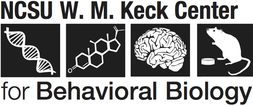Research in the Roberts laboratory examines the genomic basis of adaptation and speciation, with focus on dietary adaptation, host-microbiota interactions, sex determination and sex differences, and complex behavior. We utilize a broad range of approaches to examine genotype and phenotype, including genetic mapping in families and natural populations, comparative genomics, metagenomics, gene expression analysis, and developmental biology techniques. While our basic biology work is largely guided by evolutionary questions, it promises to ultimately impact our understanding of vertebrate molecular genetics and development. Indeed, interesting correlations to human development and disease syndromes can be found for the adaptive phenotypes and underlying genetic changes we have identified thus far.
|
Our model system is the adaptive radiation of East African cichlid fish, particularly those species found in Lake Malawi. With a thousand species arising within the past two million years or so, African cichlids may represent the most rapidly evolving group of vertebrates on the planet. These fish have incredible phenotypic diversity in a number of traits, including morphology, pigmentation, vision, behavior, sex determination, and gastrointestinal biology - providing a vast array of adaptive phenotypic differences for analysis.
|








